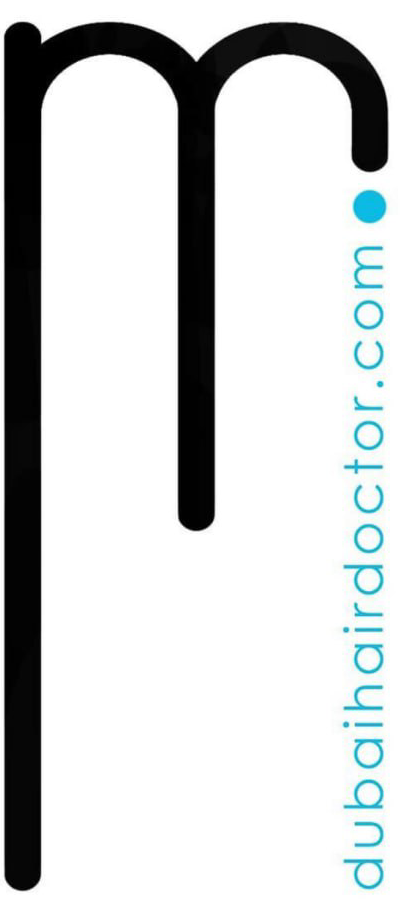Going on a crash diet that consists solely of baby food, cabbage soup, elaborate juice concoctions or a meagre amount of calories a day might enable you to lose a few kilos quickly. But you may also find 2-6weeks later that you are also losing your hair. Extreme diets that cut out essential food groups or unhealthily restrict your caloric intake are bad for your […]
Proteins are used to build tissue cells, including the cells of your hair, skin and nails. 80-85% of your hair is composed of a protein called keratin. Dietary proteins are your hairs’ building blocks – they make your hair strong and help keep it in its growing (anagen) phase.
Eggs are a nutritional powerhouse and are exceedingly good for your hair due to their high levels of protein, vitamins and minerals! The ‘Perfect’ Protein It could be said that eggs are the ‘perfect protein’ for you hair. The amino acids (protein) found in eggs whites are in fact the most complete and easily absorbed […]
Your body breaks down carbohydrates and converts them into energy. They’re absorbed quickly into your bloodstream and shuttled around your body for fuel and repair. Amongst other things, carbohydrates are used to convert protein into the cells that form your hair. Carbohydrates are important because they provide energy, and being the second fastest-growing cells in […]
